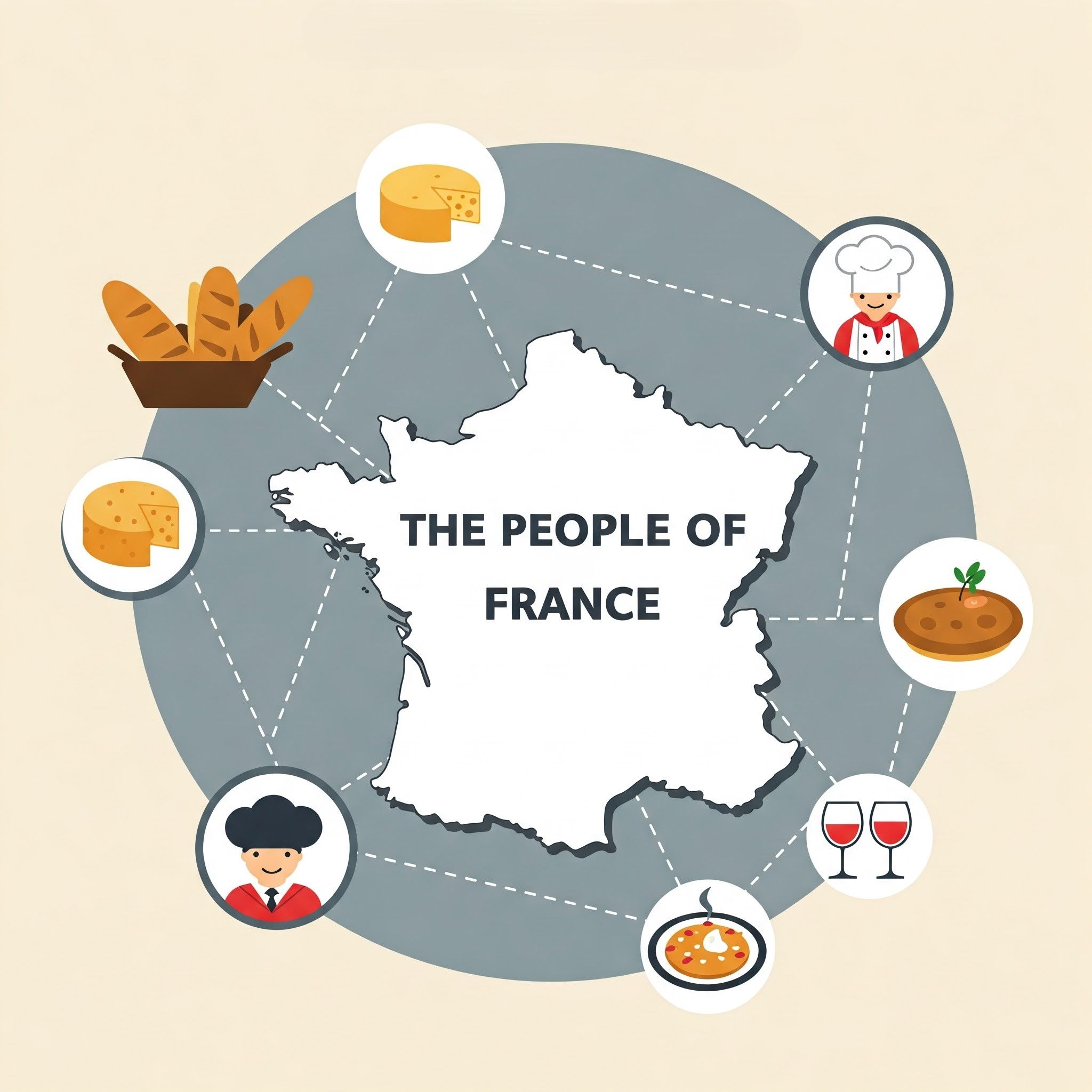Of
Definition
Of is a preposition used to indicate belonging, origin, relation, content, or composition. It establishes connections between words and phrases.
Parts of Speech
- Preposition
Pronunciation
American English
- IPA Pronunciation: /ʌv/, /əv/, /ɒv/
- Respelling: UHV, UH-v
British English
- IPA Pronunciation: /ɒv/, /əv/
- Respelling: OV, UH-v
Etymology
The word "of" comes from Old English "of" or "off," meaning "away" or "away from," derived from Proto-Germanic "*af" and Proto-Indo-European "*apo," meaning "off" or "away." It has evolved to signify possession, relation, and partitive usage in Modern English.
Derivatives
- Off (adverb/preposition)
- Of-course (adverbial phrase)
- Thereof (adverb)
- Whereof (adverb)
- Out of (prepositional phrase)
Synonyms
- About
- From
- Concerning
Antonyms
- None
Usage
The preposition "of" is widely used to denote relationships, origins, and associations in English. For example, "The pages of the book were torn" (indicating belonging) or "A cup of tea" (indicating content).
Related Terms
- From: Indicates origin or separation.
- About: Pertains to a specific topic or relation.
- Belonging: Indicates possession or association.
Detailed Definitions
Preposition
- Indicating belonging or possession: Establishes ownership or association.
- Example: "The keys of the car are on the table."
- Denoting origin or source: Refers to where something comes from.
- Example: "The people of France are known for their cuisine."
- Specifying content or composition: Indicates what something is made of or contains.
- Example: "A glass of water."
- Indicating relation or association: Connects words to show relationships.
- Example: "The idea of freedom."
of



🇨🇳 Mandarin
- 的 (de) - of, 's
- IPA: /tɤ/
- English respelling: duh
- 之 (zhī) - of, 's
- IPA: /ʈʂʐ̩/
- English respelling: zhr
🇮🇳 Hindi
- का (Ka) - of, 's
- IPA: /kaː/
- English respelling: ka
- की (Ki) - of, 's
- IPA: /kiː/
- English respelling: kee
🇪🇸 Spanish
- De - of
- IPA: /de/
- English respelling: de
- Del - of the
- IPA: /del/
- English respelling: del
🇫🇷 French
- De - of
- IPA: /də/
- English respelling: duh
- Du - of the
- IPA: /dy/
- English respelling: du
🇸🇦 Modern Standard Arabic
- من (min) - of, from
- IPA: /mɪn/
- English respelling: min
- لِـ (li-) - for, of
- IPA: /li/
- English respelling: lee
🇧🇩 Bengali
- এর (Er) - of
- IPA: /eɾ/
- English respelling: er
- এর (Er) - of
- IPA: /eɾ/
- English respelling: er
🇷🇺 Russian
- Из (Iz) - of, from
- IPA: /ɪz/
- English respelling: iz
- От (Ot) - of, from
- IPA: /ot/
- English respelling: ot
🇵🇹 Portuguese
- De - of
- IPA: /dɨ/
- English respelling: de
- Do - of the
- IPA: /du/
- English respelling: doo
🇮🇩 Indonesian
- Dari - of, from
- IPA: /da.ri/
- English respelling: dah-ree
- -nya - 's, of
- IPA: /ɲa/
- English respelling: nya
🇩🇪 German
- Von - of, from
- IPA: /fɔn/
- English respelling: fon
- Des - of the
- IPA: /deːs/
- English respelling: des
🇯🇵 Japanese
- の (No) - of, 's
- IPA: /no/
- English respelling: no
- が (Ga) - of (subject marker)
- IPA: /ɡa/
- English respelling: ga
🇻🇳 Vietnamese
- Của - of
- IPA: /kʷaː˨˩/
- English respelling: kua
- Những - of the (plural)
- IPA: /ɲʊw˨˩ŋ/
- English respelling: nyoong
🇰🇷 Korean
- 의 (ui) - of, 's
- IPA: /ɰi/
- English respelling: u-ee
- -의 (-ui) - of, 's
- IPA: /ɰi/
- English respelling: u-ee
🇹🇷 Turkish
- -nin - of, 's
- IPA: /nɯn/
- English respelling: nun
- -ın - of, 's
- IPA: /ɯn/
- English respelling: un
🇵🇰 Urdu
- کا (Ka) - of, 's
- IPA: /kaː/
- English respelling: ka
- کی (Ki) - of, 's
- IPA: /kiː/
- English respelling: kee





